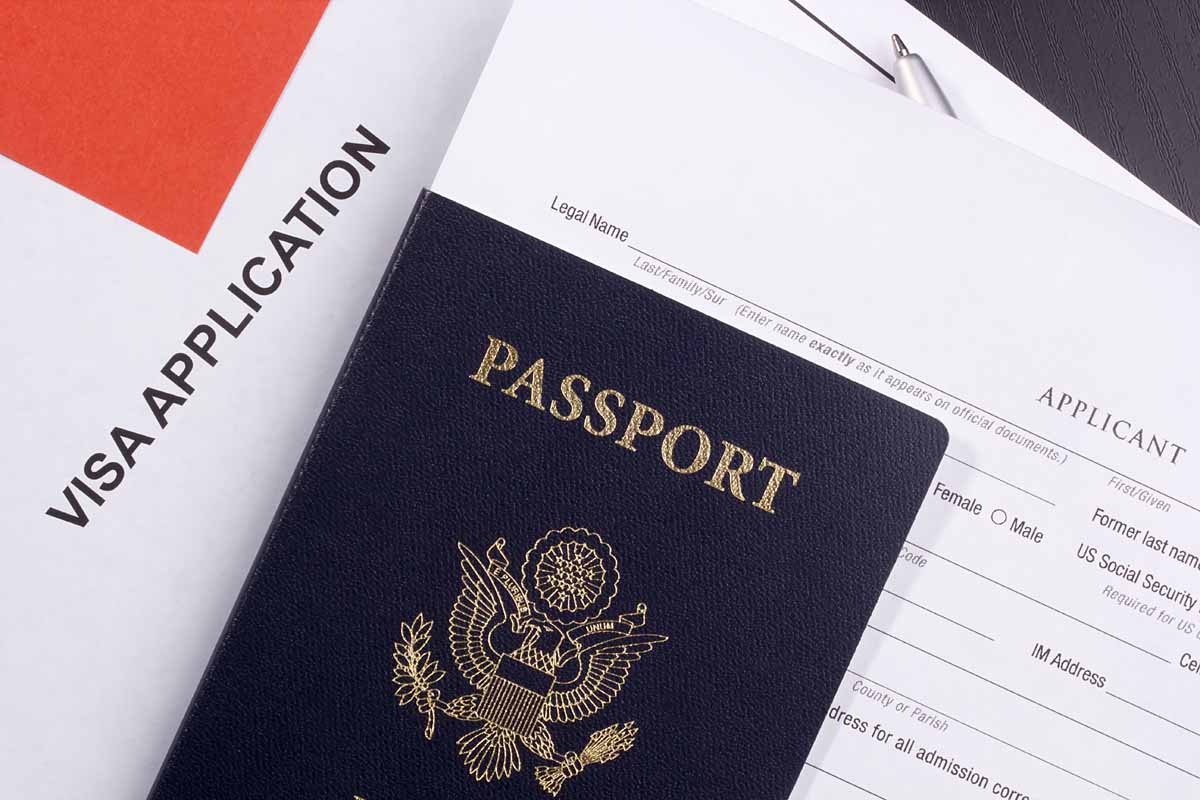
The Need for Extreme Vetting in America
Unfortunately, unsuitable individuals like terrorists or individuals who have or are inclined towards supporting terrorists could easily provide false information and thwart the vetting process. Most folks would agree that anyone can be coached to successfully pass a screening interview; therefore, it is paramount the veracity of an applicant’s information be established.[2]
Knowing an applicant’s history - Knowing what an applicant has been involved in prior to coming to the U.S. is vital in establishing what type of person they are. Applicants who have been involved in war-crimes or other atrocities need to be identified. Additionally, any pattern of criminal behavior needs to be explored in depth.[3]
Why care what an applicant believes in? - Determining the ideological beliefs of an applicant provides the basis for defining their suitability to assimilate into American society. Beliefs that are contrary to American society may hinder an applicant’s ability to assimilate, which include:
Applicants who hold a belief in an extreme or non-tolerant ideology.
- These applicants are more likely to be susceptible to the influences of terrorism, and to supporting it.
- The more an extreme or non-tolerant ideological belief influences an applicant, the greater the danger they may pose. This happens when an applicant spends time living in a country or region that either promotes or tolerates an extreme or non-tolerant ideological view. An applicant may have succumb to either peer pressure or exposure to constant ideological rhetoric.
Extreme and non-tolerant ideologies have certain corollaries in common:
- An expressed hatred or intolerance of Americans, American society, or American culture.
- Belief that America is responsible for problems in other parts of the world.
- Loss of family, friends or countrymen from U.S. military involvement (actual or perceived).
- An expressed empathy for organizations that promote violence.
- A belief that sharia law (jurisprudence) should supersede or even replace U.S. law.[4]
- Family ties with extremism.
Establishing Veracity
Establishing the veracity of information obtained during an applicant interview should be paramount in the vetting process. Applicants coming from areas where records are either incomplete or do not exist at all pose the greatest challenge. This is where the vetting process should include non-traditional methods to assist in establishing the veracity of an applicant’s history.[5],[6] For example, the U.S. Government and police agencies across the U.S. currently vet applicants by submitting them to a psychophysiological detection of deception examination. This technique helps identify false information that may be on an application.[7] For this examination the U.S. Government limits itself to what is commonly known as the polygraph. Police departments however use both the polygraph and what is known as Voice Stress Analysis (VSA).[8] Both the polygraph and the VSA work on the principal that when someone lies in response to a question wherein the consequence of jeopardy is significant, they will have a detectable emotional response to the question. It is these emotional responses that identify areas of concern to the examiner, and can then be followed up on during a post exam interview. Both the polygraph and VSA have been shown to be effective tools in determining the veracity of information and guiding the focus of an interview.[9]
References:
________________________________________________________________
[1] 1952 Immigration and Nationality Act, a.k.a. the McCarran-Walter Act. (n.d.) Retrieved February 13, 2017, from http://library.uwb.edu/Static/USimmigration/1952_immigration_and_nationality_act.html
[2] Rice, L. (2016, January 19). Vetting Immigrants and Refugees: Stopping the Terrorist Operative. Retrieved February 01, 2017, from https://www.linkedin.com/pulse/vetting-immigrants-refugees-stopping-terrorist-operative-larry-rice
[3] The Avalon Project : Directive on the Identification and Apprehension of Persons Suspected of War Crimes or Other Offenses and Trial of Certain Offenders. (n.d.). Retrieved February 13, 2017, from http://Avalon.law.yale.edu/imt/imtjcs.asp
[4] Islamist Extremism in America: The Islamic Jurisprudence Center. (n.d.). Retrieved February 13, 2017, from http://m.clarionproject.org/analysis/islamist-extremism-america-islamic-jurisprudence-center
[5] Rice, L. (2016, January 19). Vetting Immigrants and Refugees: Stopping the Terrorist Operative. Retrieved February 01, 2017, from https://www.linkedin.com/pulse/vetting-immigrants-refugees-stopping-terrorist-operative-larry-rice
[6] Rice, L. (2016, January 19). Reducing Risk through Robust Employment Vetting. Retrieved February 01, 2017, from https://www.linkedin.com/pulse/reducing-risk-through-robust-employment-vetting-larry-rice
[7] Harvey, W. (2012, March 12). Background Investigations Can Break You. Retrieved January 19, 2016, from http://www.policemag.com/blog/careers/story/2012/03/background-investigations.aspx
[8] VIPRE Voice Stress Analysis versus Polygraph (n.d.). Retrieved January 19, 2016, from http://www.vipreTechnology.com/competition/vipre_polygraph
[9] How VIPRE Voice Stress Works (n.d.). Retrieved January 19, 2016, from http://www.viprevsa.com/how-vipre-works